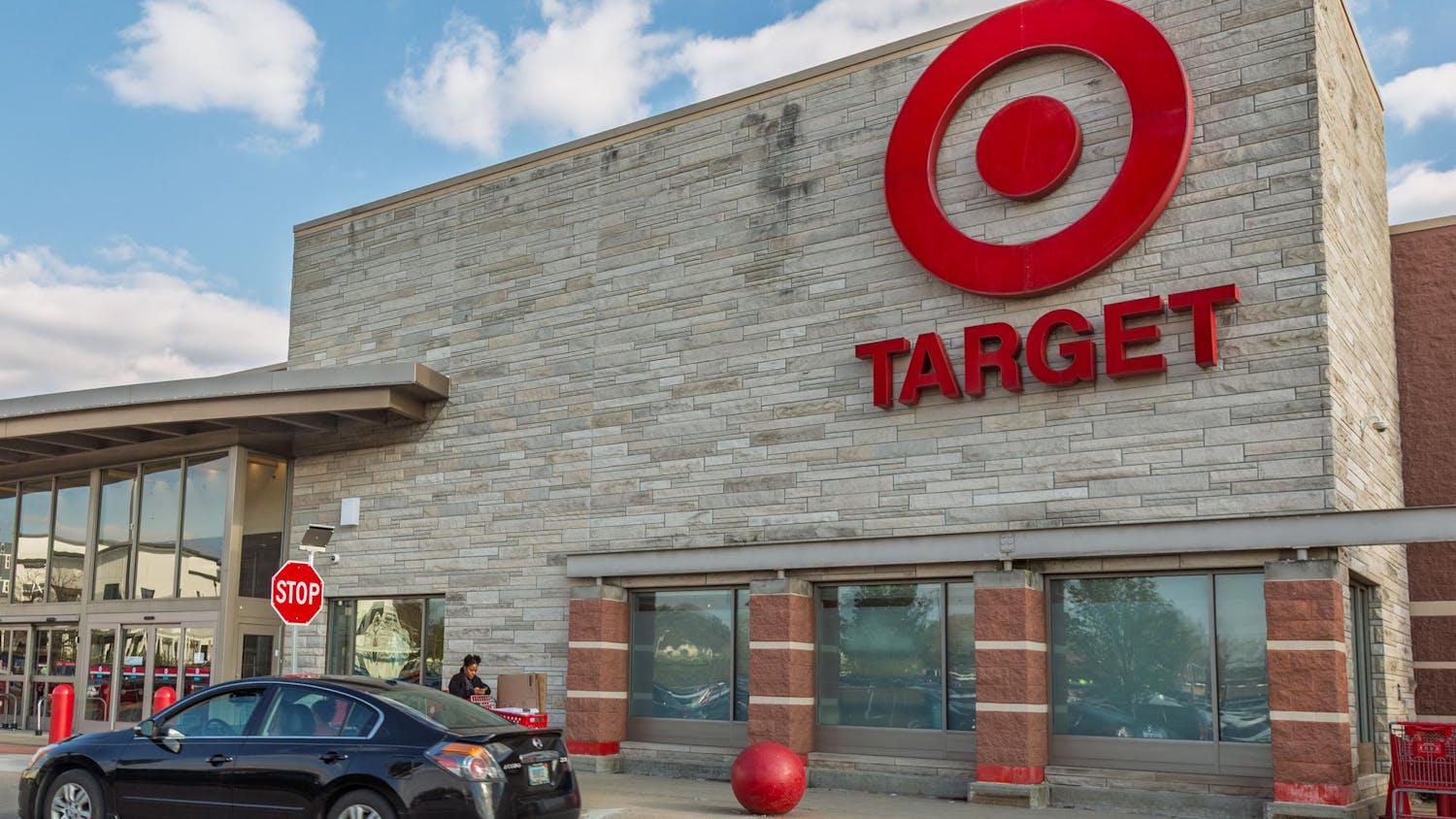NEW YORK -- "Protection of marriage" is now the watchword for many activists fighting to prevent gays and lesbians from marrying. Some conservatives, however, say marriage in America began unraveling long before the latest gay-rights push and are pleading for a fresh, soul-searching look at the institution.\n"When you talk about protecting marriage, you need to talk about divorce," said Bryce Christensen, a Southern Utah University professor who writes frequently about family issues.\nWhile Christensen doesn't oppose the campaign to enact state and federal bans on gay marriage, he worries it's distracting from immediate threats to marriage's place in society.\n"If those initiatives are part of a broader effort to reaffirm lifetime fidelity in marriage, they're worthwhile," he said. "If they're isolated -- if we don't address cohabitation and casual divorce and deliberate childlessness -- then I think they're futile and will be brushed aside."\nGay-rights supporters, during their recent losing battles against gay-marriage bans in 11 states, often argued that if marriage in America was in fact troubled, it was heterosexuals -- not gays -- who bore the blame.\n"That was the best argument same-sex marriage advocates had: 'Where were you when no-fault divorce went through?'" said Allan Carlson, a conservative scholar who runs a family-studies center in Rockford, Ill. "Any thoughtful defender of marriage has to say, 'You're right. We were asleep at the switch in the '60s and '70s.'"\nCarlson hopes the same-sex marriage debate will encourage a broader national conversation.
"For the first time in about 50 years, we are honestly looking at the state of marriage in America and what we have allowed to happen to it," he said. "I hope the conservative side will do a little soul-searching and look for ways to rebuild traditional marriage into something stronger."\nCarlson decries no-fault divorce, where neither spouse is held responsible for the breakup, but acknowledges that its demise is not imminent. He proposes more modest steps: tax revisions benefiting married couples, a more positive portrayal of marriage in textbooks, policies aiding young college graduates so they could afford to marry sooner.\nIn several of the states that approved gay-marriage bans on Nov. 2, initiatives are underway to bolster heterosexual marriage. A bill pending in Michigan's legislature would encourage premarital education; Arkansas Gov. Mike Huckabee and his wife have invited 1,000 couples to join them in a Valentine's Day covenant marriage ceremony in which they would voluntarily reduce their options for a quick divorce.\nHowever, gay-rights supporters say slogans like "protection of marriage" are mostly used as code for anti-gay sentiment to further partisan aims.\n"There's clearly a divide about what constitutes a healthy marriage," said Corri Planck of the Family Pride Coalition, which represents gay and lesbian families. "But there are countless gay and lesbian couples who, if they had legal recognition, would hold up their relations as models of good marriage."\nJordan Lorence, a Phoenix-based lawyer with the conservative Alliance Defense Fund, has been active fighting same-sex marriage, but he agrees with those who see marriage facing broader challenges.\n"For decades, Christians have been guilty for having a weak defense of marriage," he told the Christian Post earlier this year. "Marriage has become a junior high school dating scene where if I am unhappy I could divorce my husband or wife and move on to someone else."\nIn a telephone interview, Lorence said Americans face a choice of whether to view marriage as primarily an act of individual satisfaction or as an institution serving the communal good.\n"That's the big battle line," he said. "I think people's attitudes are shifting, and they're saying the traditional way makes a lot of sense -- that you can't just get divorced at the drop of a hat."\nMany of the groups campaigning against same-sex marriage evoke "the sanctity of marriage" yet make little or no mention of the problem of divorce.\nOne group, the Alliance for Marriage, has focused almost entirely in the past two years on advocating a federal amendment that would ban gay marriage. The alliance's president, Matt Daniels, said the proposed ban is an essential starting point for other initiatives to strengthen heterosexual marriage -- such as promoting family-friendly workplace policies.\n"No one in the alliance believes saving the legal status of marriage as between man and woman will alone be sufficient to stem the tide of family disintegration," Daniels said. "But if we lose that legal status, we lose the policy tool we need to pursue our broader agenda."\nStephanie Coontz, a professor at Evergreen State College in Olympia, Wash., and author of a new history of marriage, said passing anti-gay amendments in hopes of returning marriage to some bygone traditional status is futile.\n"Heterosexuals changed marriage, not gays and lesbians," she said. "None of these measures is going to change the fact that marriage no longer plays the same central economic and political role that it used to. ... People see it as more optional"



